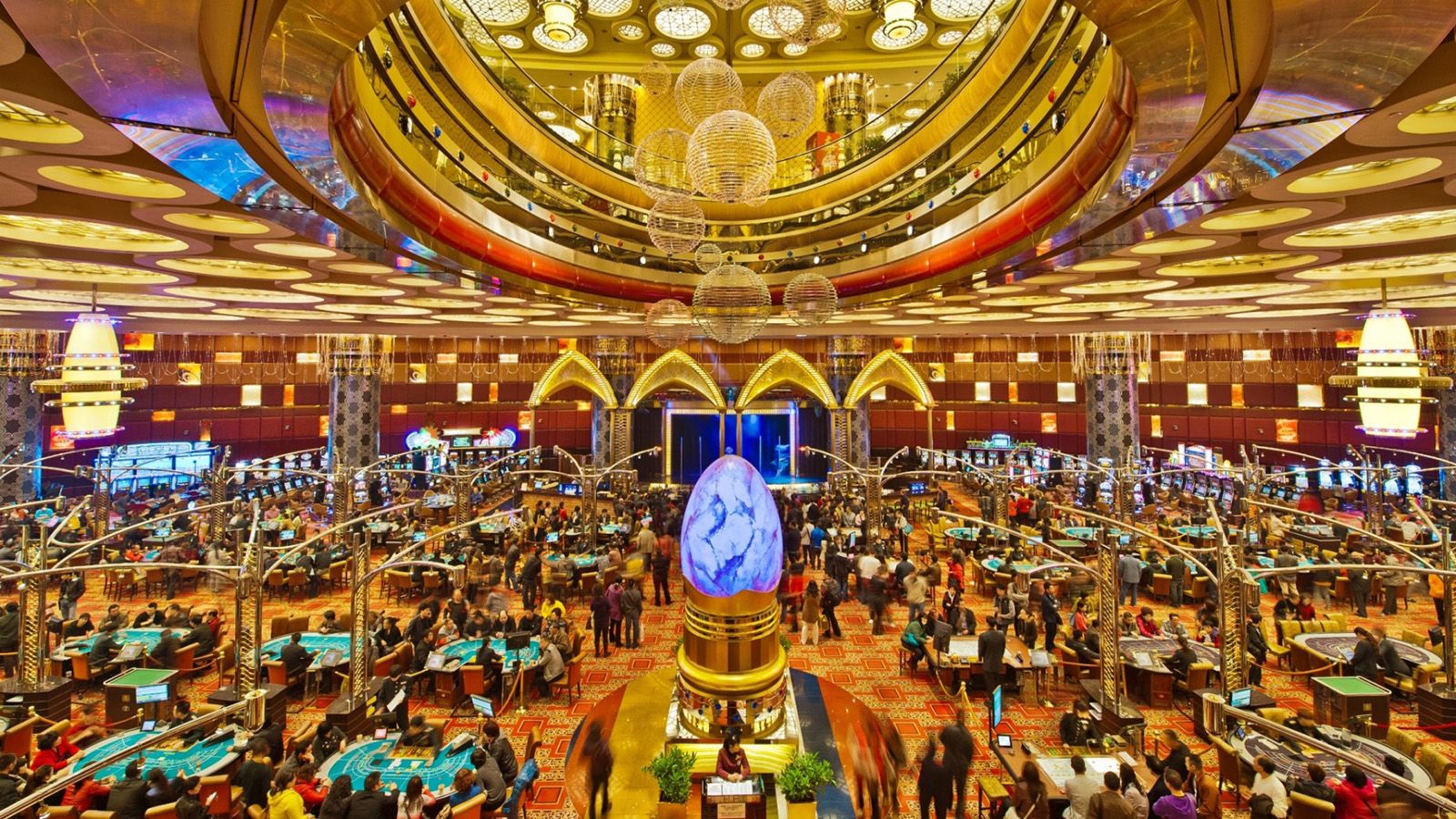The Cultural Influence of Casino Games Worldwide
Casino entertainment have long been a captivating entertainment option, drawing numerous of players from different cultures around the globe. From the lively casinos of the Strip to the bustling gambling halls of the Chinese gambling capital, these games serve as a bridge that unites people across a variety of backgrounds. The allure of luck, strategy, and risk entices not only those seeking to gamble for profit but also those seeking a sense of community.
The cultural impact of casino games extends far beyond the gaming floor. They often reflect the social norms and traditions of the societies in which they thrive. Games such as poker, blackjack, and the spinning wheel have embedded themselves into the mosaic of mainstream culture, influencing everything from cinema to fashion. As we explore this captivating intersection of gambling and culture, we can better understand how gambling games shape and are shaped by the world around us.
Chronological Development of Gambling Games
The origins of casino games can be traced back to old cultures, where betting in different forms was widely engaged in. In Ancient China, around 2300 B.C., a variant of gambling known as Keno was well-known, while in old Rome, soldiers would frequently gamble on the results of their contests. The notion of using chance for amusement and gain evolved over the years, leading to the formation of more organized games. By the late Middle Ages, gambling houses started to emerge in Europe, particularly in Italy, which brought forth early incarnations of famous activities still played today.
As betting increased recognition in the continent, the 17th and 18th centuries saw the appearance of casinos as dedicated establishments for betting. The earliest official gambling house, the Ridotto, was established in Venice in sixteen thirty-eight, offering games like Baccarat and Faro. This time marked a crucial pivoting point, as casinos commenced to draw not just the elite but also the burgeoning middle-tier society. The sophistication of activities evolved, leading to the creation of new rules and variations that enriched the gaming experience.

In the 19th century, the industrial age and changes in social standards also altered the environment of casino games. The arrival of roulette and new gaming machines drew a larger crowd, and casinos became seen as legitimate forms of recreation. This era witnessed the globalization of gaming, as gambling houses extended from Europe to the Western Hemisphere, culminating in the creation of the legendary Las Vegas Boulevard in the 1900s. trò chơi hot tại mmlive The progress of casino games has progressed into the present day, incorporating new technologies and online platforms, making them open to a worldwide market.
## Cultural Significance in Diverse Cultures
Casino games have significant social importance in numerous societies throughout the globe. For instance, in Las Vegas, the very core of the urban landscape is woven around gaming venues, where gambling is not just a pastime but a key aspect of leisure and community life. The dazzling lights and lively atmosphere attract countless individuals, showcasing how casino games can shape local economies and cultural identities. This environment transforms the notion of leisure into an immersive event that affects fashion, sound, and even movies.
Conversely, some societies approach wagering with more caution, seeing it through the lens of ethical beliefs and heritage. For instance, in many Oriental cultures, games like Mahjongg and Pai Gow Gambling are full of history and possess significant social meanings. These games are often played during get-togethers and festivities, fostering collective connections and reinforcing family ties. The act of engaging in these games goes past mere leisure, reflecting ethics such as deference to seniors and the significance of collective enjoyment.
At the same time, in Western countries such as Monte Carlo and Italy, casino games serve as symbols of opulence and sophistication. The refined atmosphere of these locations attracts both tourists and residents, reinforcing a sense of status and elitism. The art of poker and the strategic features of games like the game of baccarat are esteemed, molding interpersonal interactions and cultivating an appeal that fascinates a varied audience. This underscores how gambling can both echo and mold cultural attitudes towards danger, reward, and community interaction.
Economic Impact and Tourism
Casino games play a crucial role in the financial context of many regions, particularly those that rely heavily on visitor traffic. The revenue produced from gambling establishments fuels local financial systems, creating employment opportunities not only within the casinos but also but also in related sectors such as hotel management, restaurant services, and entertainment. This surge of tourists, drawn by the attraction of gambling and the overall gaming environment, stimulates spending across multiple local enterprises, contributing to the economic vitality of the region. mmlive
The presence of casinos often leads to the construction of infrastructure, including lodging, transportation systems, and leisure amenities. These improvements are essential in improving the overall visitor satisfaction, making destinations more appealing to visitors. Additionally, many casinos invest in local communities through support of activities and philanthropic activities, further embedding themselves into the community structure of the region. Such contribution not only supports economic growth but also fosters a positive reputation of the casino industry.
Furthermore, the global popularity of casino games drives tourism competition, with locations vying to attract players from around the world. Iconic locations like Las Vegas and Macau have become identifiable with casino culture, drawing millions each year. This advantage encourages innovation and diversification within the gambling sector, influencing trends in leisure and hospitality that resonate beyond their limits. The ripple effects of this tourism extend wide, impacting local economies and cultural interactions on a worldwide scale.
